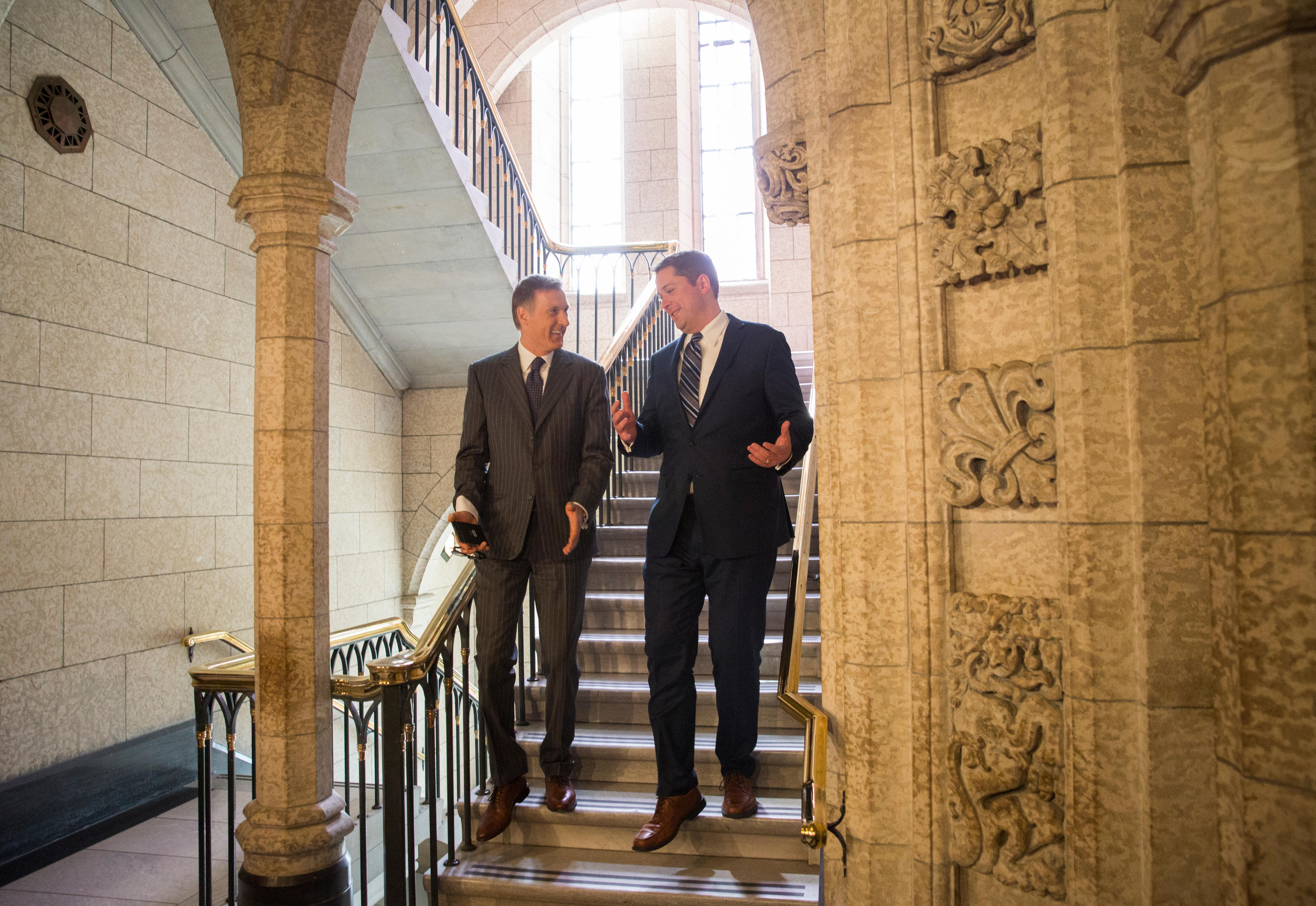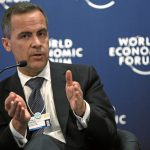This is an article originally published by Frontier Centre for Public Policy, by Jack Buckby.
The failure of the People’s Party of Canada (PPC) to win a single seat was, to me, the most surprising revelation of the last federal election. The writing was on the wall for Trudeau, and the Conservatives were going to be squeezed by the insurgent populists. For the People’s Party to fail to win a single seat is perhaps symptomatic of a psychological effect that populist voters have succumbed to in Canada, the UK, and elsewhere across Europe.
A recent report by the National Post analysed the gap between polling numbers and actual votes cast in the federal election. It suggested that PPC leader Maxime Bernier might have had a better chance of winning seats had he been kept from taking part in the televised debates. Could it be true that populists perform better when they are seen as the underdog, but are hurt when they are given the same opportunities as the mainstream parties?
Maybe, but I think there’s a more important question to be asked.
Could it be the case that populist parties in Canada and Europe will face an uphill battle for as long as there is a moderate, right-of-centre political party with a greater chance of winning a federal election and stopping far-left progressives from gaining power?
Polls taken before the election showed a substantial number of voters willing to throw their support behind the populists. In the Nipissing-Timiskaming riding, 34.1 percent of respondents said they would consider voting PPC, and 11.2 percent said they were certain. The party achieved 5.2 percent in the eventual ballot. Similarly, in Pickering-Uxbridge, 25.9 percent said they were open to the party, and 11.2 percent said they were open to voting for them; 2 percent turned out to vote PPC.
Interestingly, the polls taken before the Canadian federal election showed the precise opposite of what we’re used to here in the UK. The polls were wrong before the Brexit referendum of 2016, with “shy Brexit voters” turning out to vote in favour of leaving the European Union. In 2015, Conservative Party leader David Cameron won a surprise majority despite polls suggesting a repeat of 2010’s Hung Parliament. The “shy Tories” had come out in force.
In the UK, pollsters underestimate the sway of right-leaning political parties and movements because people are simply too scared to admit how they intend to vote.
The exact opposite happened in Canada. In some ridings, over a third of the electorate said they were open to the possibility of voting for the populists – but it just didn’t happen. I don’t think there are any real failings by the PPC campaign. If anything, I find the fact that they were on the stage of a major national television debate just one year after being founded quite an incredible feat.
In my eyes, the reason why people didn’t turn out for them, ironically, was the likelihood that the Liberals would win another term. Rather than voting for the populists to punish the Liberals, voters opted for a larger party that had a bigger chance of chucking him out – the Conservatives. We’ve seen similar things happen in the UK.
In 2014, the United Kingdom Independence Party (UKIP) won the European Elections. They achieved 27 percent of the popular vote and won 24 seats – more than every other party. However, it didn’t translate into support in the Westminster Parliamentary election the following year. The party won 12.6 percent of the vote and only managed to hang on to a single Parliamentary seat that they had taken after Tory MP Douglas Carswell defected in 2014. He later resigned the UKIP whip in 2017. Even Nigel Farage, the national face of Brexit, failed to win a seat.
Voters didn’t turn out for UKIP, and David Cameron’s conservatives won big. Despite being decidedly moderate and in virtually no way conservative, the Conservative Party took home a majority and beat Ed Miliband’s Labour Party. In 2017, Theresa May’s Conservative Party lost seats but still trampled UKIP and beat Jeremy Corbyn, the veteran socialist leader of Labour.
As if two Westminster elections weren’t enough to prove that populists have it tough winning votes in domestic elections, 2019’s upcoming General Election (our third in five years) looks bad for Nigel Farage. Despite forming the brand-new Brexit Party and taking home 30.5 percent of the vote and 29 seats in the 2019 European Elections, polling looks dire for the Brexit populists and Boris Johnson’s Conservatives are on track for a majority government.
Voters are held back by the fear of inadvertently electing extremists through the back door. A vote for UKIP or the Brexit Party in a national election is, de facto, a vote for an IRA-supporting, terrorist-sympathising leader of the Labour Party. A vote for the PPC, for many, might be seen as a de facto vote for Canada’s most embarrassing Prime Minister in history.
So, can the populists in Canada ever break through? Well, it depends. We haven’t had much luck in the UK yet, but change can happen quite suddenly. In France, leader of the Rassemblement National, Marine Le Pen, is beating President Macron in the polls for the first time. That being said, Paris is literally on fire and the French are rioting every week because they hate Macron so much.
Radical change can happen all of a sudden, and Canada has seen it before in the 1993 election when the Reform Party became the biggest party in Western Canada. There may, therefore, be hope for the populists; maybe the stars just need to align first.
A combination of the Liberal’s continued slide into progressive lunacy, and another poor election campaign from the Conservatives, could be just what the voters need to give them the confidence to follow through with a vote for a new party.



